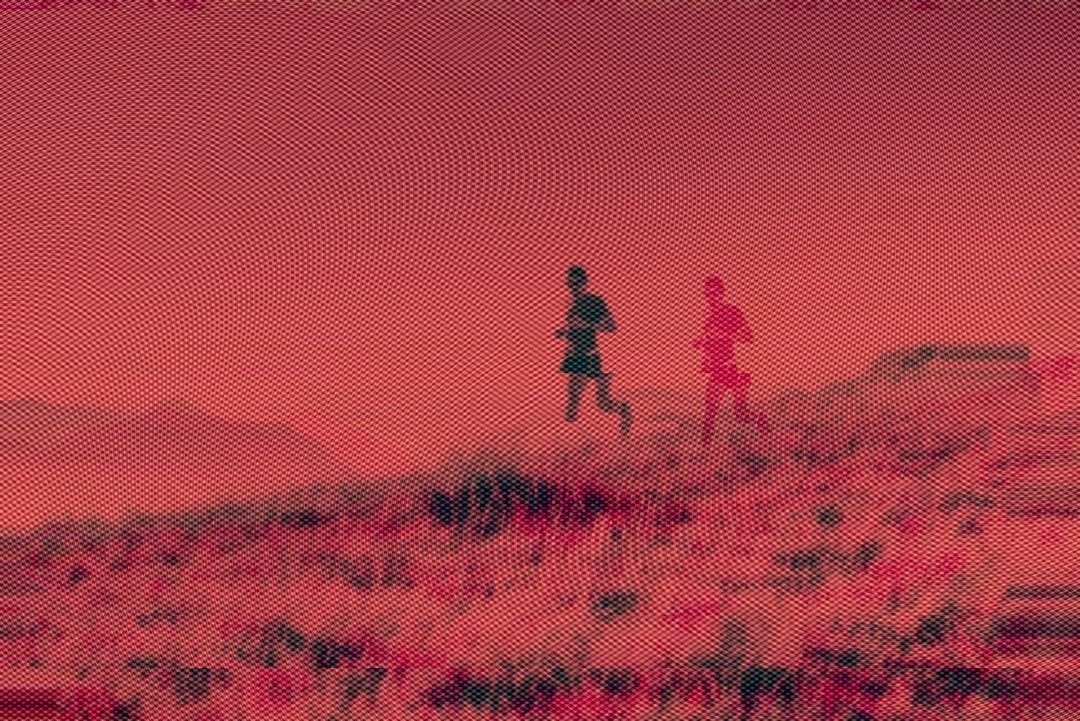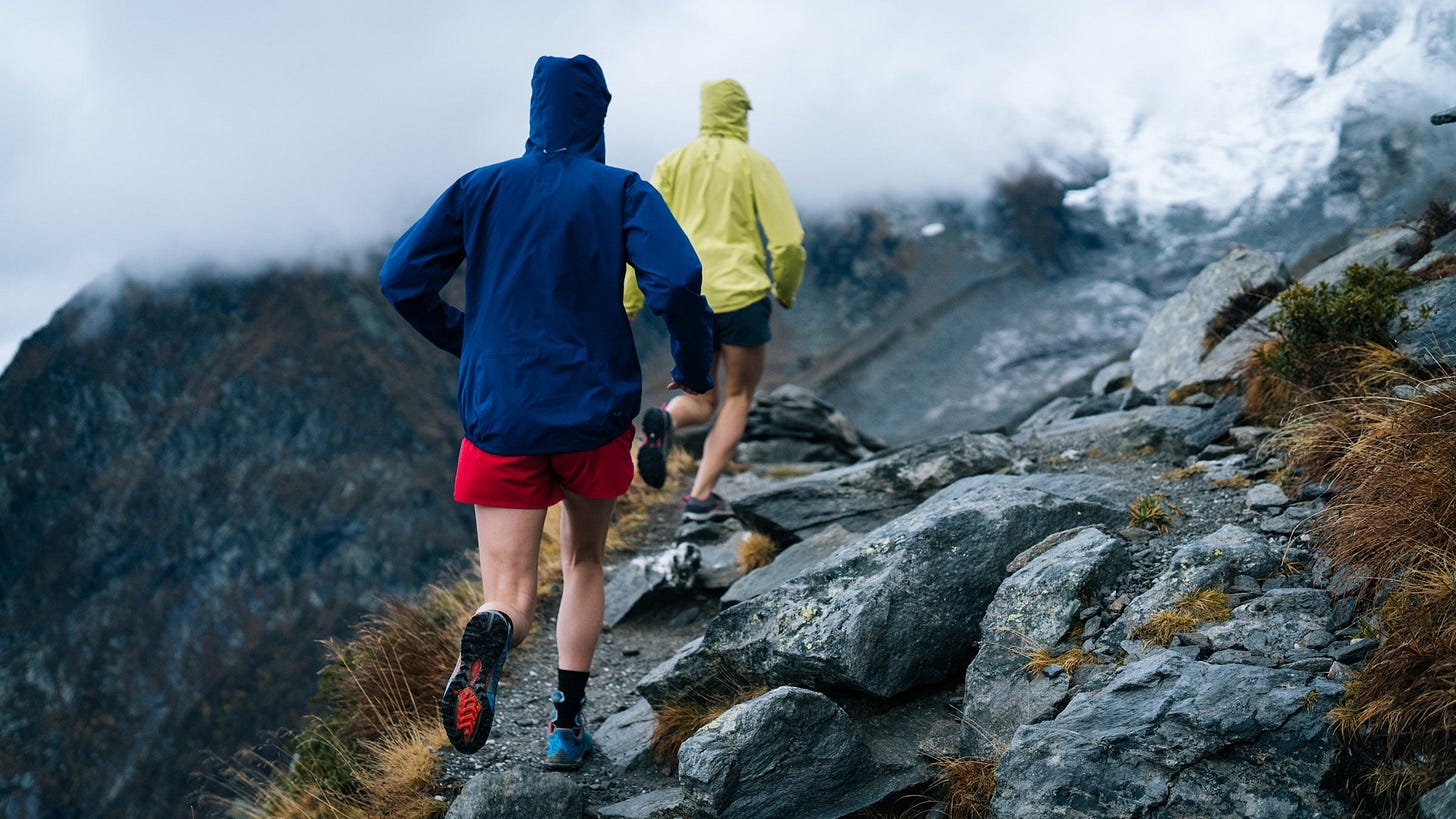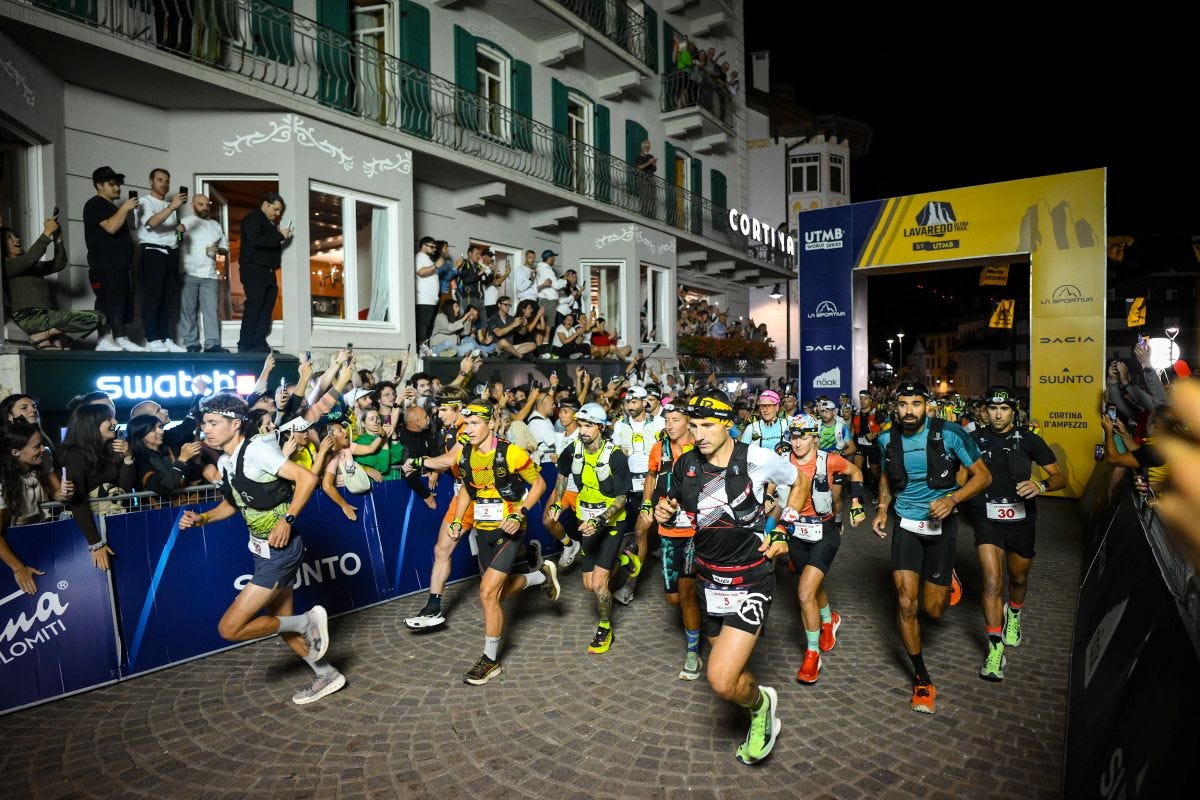Heya and welcome back to Five Things Running!
I finally managed to run 50 km again last week. After weeks of not running, I had a hard time building up my fitness and this time I tried to do it slowly without risking injuries. It worked. I also got in a run in one of my favorite cities in the world. Vienna is just so beautiful and even though it rained a lot during my morning run, it was pure joy.
If you have some minutes to spare: Why I run survey - a researcher posted a request to fill out this survey on Reddit and you might find it interesting.
Here’s this week’s Five Things Running!
Trail Running Is Now a $20B Industry — Here's What That Means
The State of Trail Running report confirms what many already feel: this sport has real economic weight.
But for creators, brands, and race organizers to thrive, they’ll need to rethink monetization, community, and value delivery, and stay agile as the sport evolves.
The spending is there.
The loyalty is there.
But turning attention into revenue?
That’s still the trail ahead.
Trail running is huge.
How your body handles trail running versus road running
On a trail, where you’re navigating roots and rocks and ditches with every step, that biomechanical load is much more varied. ‘You start to get everything from side to side movement, eccentric muscle contractions on downhills, different engagement on steep uphills,’ says Roche. ‘There’s a far greater demand on your hips and your stabiliser muscles.’ (Think: glutes and core.) Those are the muscles that connect to the pelvis, plus the little muscles in your ankles and feet. Those stabilisers are especially important, because while primary movers like your quads may be doing the lion’s share of the work, these smaller muscles are what help you stay upright when confronting obstacles or unstable surfaces (hence, why your ankles might be sore after a long trail run).
Generally, trail running is a much more intense total-body workout than road running, and strength training can really help beef up all the muscles that will help you tackle dirt and vert. Workouts that specifically target strength and stability are going to give you the most bang for your buck, developing your primary movers while challenging those smaller muscles as well.
I knew it. Trail running is a total-body workout!
The Most Common Trail Running Accidents
A new study in the journal Wilderness & Environmental Medicine takes a comprehensive look at the worst-case scenarios in trail running, with the goal of figuring out what the biggest risks are and how runners and race organizers can mitigate them. Researchers at the University of Pretoria in South Africa, along with colleagues in Portugal and France, combed through online news records for fatal or catastrophic events that occurred while trail running. They identified 127 cases, almost all within the last 15 years, of which 104 were fatal.
Trail running in the mountains is not without dangers. I usually hurt myself when I trip while running and taking photos on my iPhone…
Six Strategies for Effective Mid-Season Ultramarathon Recovery
Effective recovery is non-negotiable for ultrarunners aiming to thrive mid-season. Skimping on rest risks burnout, injury, or diminished performance, derailing the adventures ahead. By committing to these six strategies — active rest, gut health, technology, and more — runners safeguard their bodies and minds, paving the way for remarkable experiences.
Great strategies, but getting off social media won’t work for me.
At 80, he’s the oldest to ever complete hot, harrowing Badwater ultramarathon
This week, the Badwater 135 Ultramarathon lived up to its billing, for the 48th year, challenging humans to run from the lowest point in North America to the shoulders of the highest peak in the continental U.S. The 135-mile run takes competitors from around the world from the baking floor of Death Valley, where temperatures hit 117 degrees, to the thinning air of Whitney Portal, at more than 8,300 feet, the trailhead to glorious Mt. Whitney. Ninety-three people completed the ordeal within the allotted 48-hour time window this week, headlined by the oldest competitor ever to finish the course, 80-year-old Bob Becker of Fort Lauderdale, Fla. “It was pretty emotional to finish,” Becker said by phone from Lone Pine on Thursday, the morning after finishing, a little more than 45 hours after he started. “I was just so happy to be there and to have so many people cheering me on.”
Just impressive.
Thanks to COROS for supporting this publication!
If you want to sponsor Five Things Running and reach out to a fantastic audience of more than 2200 runners every week, please reach out!
If you missed last week’s edition, you can read it here:
Now, go running!
— Nico
🏃🏻♂️








